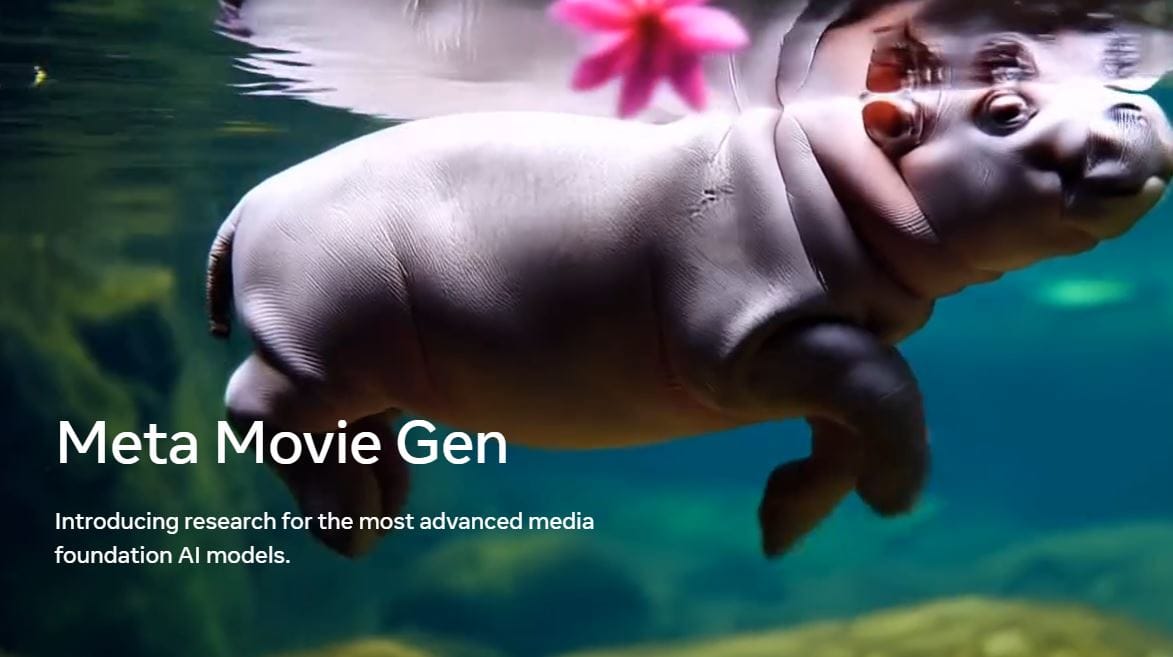What if death only claimed souls that had fulfilled their purpose in life? Imagine a world where no one passed away until they had completed their life’s mission. This intriguing idea can spark many questions and thoughts about destiny, life goals, and the nature of existence. Let’s explore what this scenario might look like and what it could mean for us.
What Would Define a “Fulfilled” Purpose?
One of the first questions that comes to mind is, what exactly constitutes a fulfilled purpose in life? Is it a personal achievement, a contribution to society, or something else entirely?
- Personal Goals: Some might believe that fulfilling personal dreams or reaching individual goals is the key.
- Helping Others: Others might think that making a significant positive impact on others’ lives is the ultimate purpose.
- Self-Discovery: For some, finding and understanding oneself could be the most important goal.
This concept could vary greatly from person to person. It’s like trying to pin down what makes someone truly happy—everyone has a different answer.
How Would This Change Our Lives?
If death only claimed those who had fulfilled their purpose, how would our lives change? Here are a few possibilities:
- Increased Motivation: People might feel more motivated to find and pursue their purpose, knowing that their time is limited but also extended until they achieve it.
- Reduced Fear of Death: Knowing that death wouldn’t come until their purpose is fulfilled might reduce the fear of dying.
- Greater Focus on Meaningful Activities: There could be a shift towards more meaningful and purposeful activities, as people strive to fulfill their life’s mission.
Would Everyone’s Life Be Longer?
This scenario raises another question: would everyone live longer? If fulfilling one’s purpose extends life, would people be able to delay death by not achieving their goals?
- Procrastination on Purpose: Some might delay working on their purpose to extend their life, which could lead to interesting societal dynamics.
- Varied Lifespans: Lifespans could vary greatly depending on how quickly individuals achieve their purposes. Some might live much longer than others.
What About Those Who Struggle to Find Their Purpose?
Not everyone knows their purpose in life. For many, it’s a lifelong journey to discover what they truly want to do.
- Lifelong Search: People might spend their entire lives searching for their purpose, which could be fulfilling in itself.
- Pressure and Anxiety: There could also be increased pressure and anxiety to find and fulfill a purpose, potentially leading to stress and unhappiness.
Real-Life Examples
Consider people like Mozart or Steve Jobs. Mozart composed incredible music from a young age and died relatively young, at 35. Did he fulfill his purpose early? Steve Jobs revolutionized technology and passed away at 56. Did he achieve his life’s mission?
Would There Be a Universal Purpose?
Is there a universal purpose that everyone shares, or is it completely individual? This question leads to deeper philosophical and spiritual discussions.
- Spiritual Beliefs: Some spiritual beliefs suggest a universal purpose for humanity, such as enlightenment or unity.
- Individual Paths: Others believe that each person has a unique path and mission.
The Role of Destiny
If death only claimed those who had fulfilled their purpose, it might suggest a belief in destiny or a preordained life path.
- Destiny vs. Free Will: This brings up the age-old debate between destiny and free will. Are our lives already mapped out, or do we have the power to shape our own destinies?
- Life’s Journey: Whether or not you believe in destiny, thinking about life’s purpose can add a rich layer to our understanding of existence.
How Would This Affect Society?
Imagine the societal impacts of this scenario. How would governments, economies, and cultures adapt?
- Healthcare: Healthcare might focus more on helping people achieve their purposes rather than just extending life.
- Education: Educational systems might place greater emphasis on helping students discover their passions and purposes.
- Work and Retirement: Traditional ideas of work and retirement could change, as people might work towards their purpose rather than just earning a living.
Practical Steps to Find Your Purpose
While we may not live in a world where death only claims those who have fulfilled their purpose, it’s still valuable to think about and pursue our life goals. Here are some practical steps to help find your purpose:
- Self-Reflection: Spend time reflecting on your interests, passions, and values.
- Explore New Activities: Try new things and step out of your comfort zone to discover what truly excites you.
- Seek Guidance: Talk to mentors, coaches, or spiritual advisors who can offer insights and support.
- Set Goals: Break down your purpose into achievable goals and take steps towards them regularly.
- Stay Open: Be open to change and new opportunities that might align with your purpose.
Conclusion
What if death only claimed souls that had fulfilled their purpose in life? This thought-provoking idea invites us to reflect on what truly matters to us and how we can live more meaningful lives. While we may never know if such a world could exist, contemplating our purpose can enrich our journey and help us make the most of our time here. Whether through personal achievements, helping others, or self-discovery, finding and pursuing our purpose is a quest worth undertaking.






